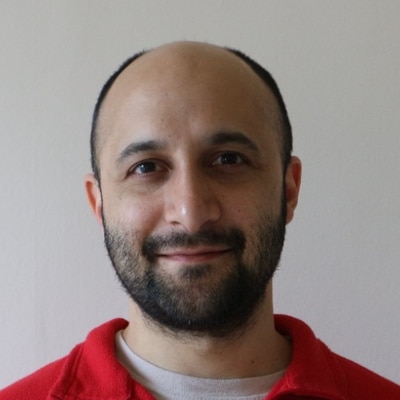Karim THÉBAULT & James Ladyman
Modelling Open Systems in Quantum Physics and Cosmology


Date & heure
20 janvier 2023, 14h
Lieu
Sorbonne Université – LKB – Room 210 – Tour 13/23 – 2e – Campus Jussieu – Paris 5e
Accueil
None of the systems that we find in nature are in reality ‘closed systems’. Rather, they are all sub-systems of the universe. When we talk of ‘closed systems’ in physics we are describing systems that can be effectively modelled as closed since their exogenous interactions with the rest of the universe are not important for the relevant purposes, on the relevant scale. The characteristic feature of such models is conservation of a relevant quantity on the relevant time scale. For example, conservation of heat in closed thermodynamics systems, conservation of matter in closed chemical systems, and conservation of coherence in closed quantum systems.
Conversely, when we talk about ‘open systems’ in physics, we are not making the trivial claim that a system is coupled to the environment. Since gravitational interactions are unscreenable, technically all systems are so coupled. When we talk of ‘open systems’ in physics we are describing systems that can be effectively modelled as open since their exogenous interactions with the rest of the universe are important for the relevant purposes, on the relevant scale. The characteristic feature of such models is failure of conservation of a relevant quantity on the relevant time scale.
Under this way of thinking about open systems, we do not preclude the possibility of modelling a system as open such that the failure of conservation of the relevant quantity is combined with autonomous dynamics in which there are well-posed equations of motion for the system degrees of freedom alone. How should we interpret such autonomous open system models? Should they always be taken to implicitly represent the system in question as part of a larger, closed system? And what would it mean for us to model the universe as an autonomous open system? In this talk we will offer a framework for thinking about these questions drawing upon recent work on open quantum systems due to to Cuffaro and Hartmann (2021) and on autonomous non-conservative cosmology due to Sloan (2021).
Cuffaro, Michael E., and Stephan Hartmann. « The open systems view.” 2021, https://arxiv.org/abs/2112.11095
Sloan, David. « New action for cosmology. » Physical Review D 103.4 (2021): 043524. https://arxiv.org/abs/2010.07329
